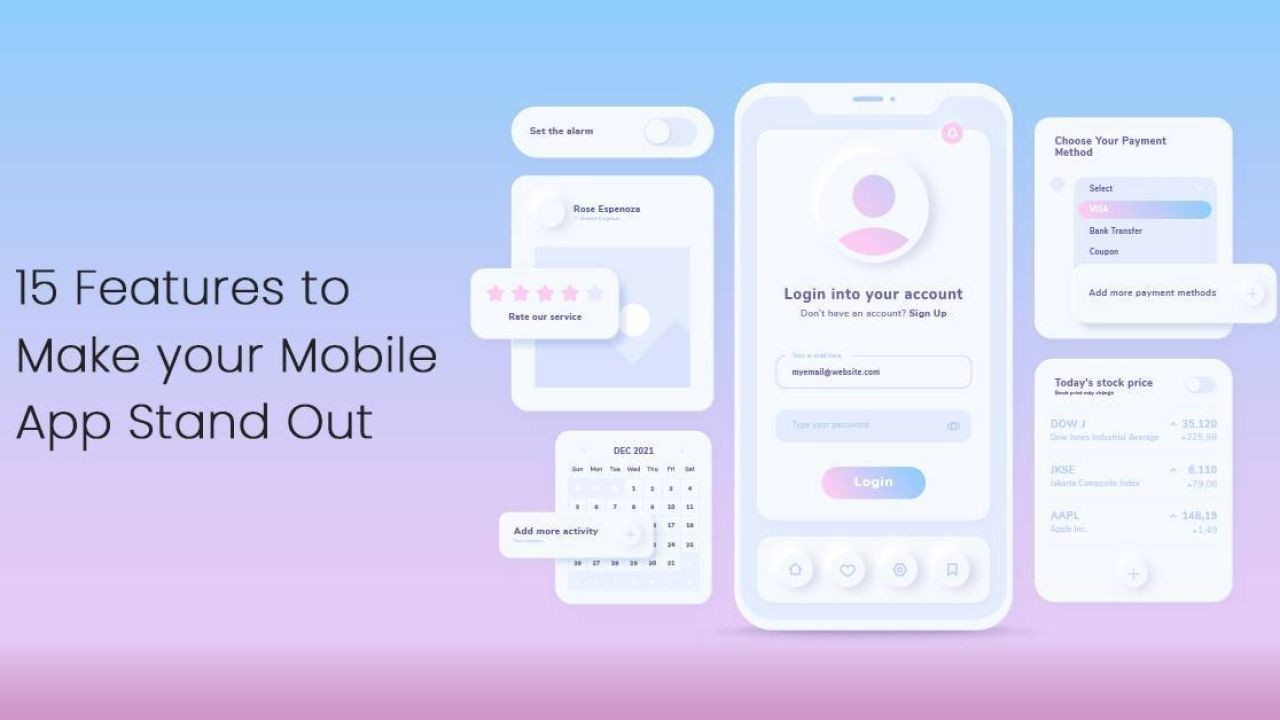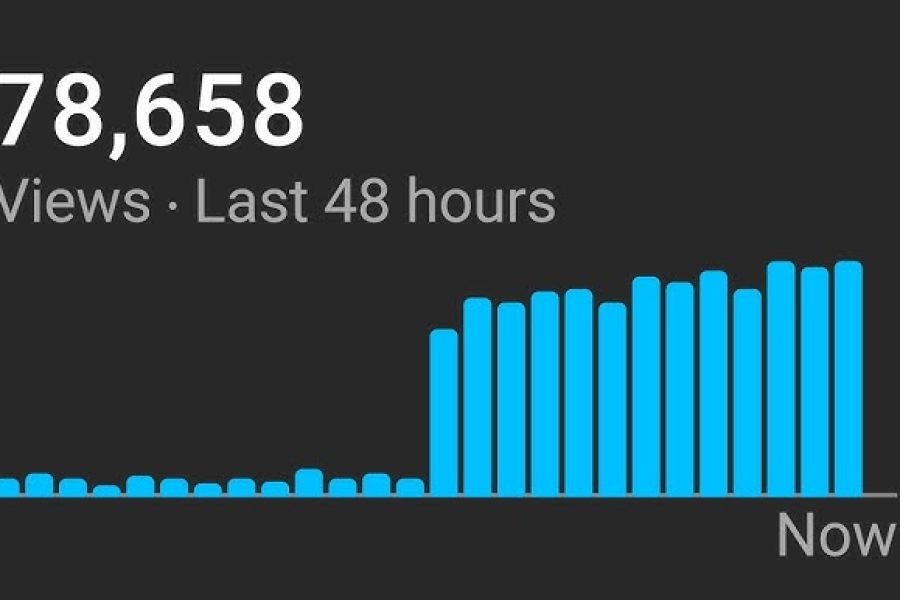New Zealand is facing a demographic shift as the proportion of its aging population continues to grow. This trend poses significant challenges for the healthcare system, demanding innovative, tech-driven solutions to ensure quality care and sustainability. In this article, we explore how New Zealand's healthcare system is adapting to these challenges, leveraging technology to improve outcomes for older adults while maintaining economic stability.
The Growing Aging Population: A New Zealand Context
As of 2023, New Zealand's population of individuals aged 65 and over has reached approximately 16% (Stats NZ). This demographic is expected to increase significantly over the next decade, leading to greater demand for healthcare services. The aging population presents unique challenges, including increased prevalence of chronic diseases, a need for age-specific healthcare services, and rising healthcare costs.
Case Study: Age-Friendly Smart Homes in Auckland
Problem: The city of Auckland faced challenges in providing efficient healthcare services to its growing elderly population. Many seniors preferred aging in place, but their homes were not equipped to support their healthcare needs.
Action: The Auckland Council, in partnership with tech firms, implemented a pilot program to retrofit homes with smart technology. These smart homes included remote health monitoring devices, automated medication reminders, and emergency response systems.
Result: Within a year, the program reported a 30% reduction in emergency hospital visits among participants and a 25% increase in seniors' reported quality of life.
Takeaway: Integrating smart home technology can significantly enhance the quality of life for elderly residents, reducing the burden on traditional healthcare facilities.
Leveraging Technology to Address Healthcare Challenges
New Zealand's healthcare system is increasingly relying on technology to meet the demands of the aging population. Key innovations include telemedicine, electronic health records (EHRs), and artificial intelligence (AI) in diagnostics and treatment.
telemedicine: Expanding Access to Care
telemedicine has emerged as a pivotal solution, offering remote consultations and reducing the need for physical visits. During the COVID-19 pandemic, telehealth services saw a 500% increase in usage (Ministry of Health NZ). This trend continues as elderly patients prefer the convenience and safety of virtual consultations.
AI-Driven Diagnostics
AI is revolutionizing diagnostics with tools that analyze medical images and patient data to detect diseases earlier and more accurately. For example, AI algorithms are being used to identify early signs of dementia, enabling timely intervention and management.
Addressing the Economic Impact
While technology offers solutions, it also requires investment. The New Zealand government has allocated $1 billion to upgrade healthcare infrastructure, including digital health technologies (MBIE Report). This investment aims to improve efficiency and reduce long-term costs associated with an aging population.
Pros and Cons of Technological Integration in Healthcare
Pros:
- Improved Access: Technology expands healthcare access to rural and underserved areas.
- Cost Efficiency: Digital health solutions can reduce operational costs and improve resource allocation.
- Enhanced Patient Engagement: Patients can manage their health better with real-time data and personalized care plans.
Cons:
- Initial Investment: High costs of implementing and maintaining new technologies.
- Data Privacy Concerns: Increased risk of data breaches and unauthorized access to personal health information.
- Digital Literacy: Older adults may face challenges in adopting new technology.
Future Trends: What's Next for New Zealand's Healthcare System?
The future of healthcare in New Zealand will likely see further integration of emerging technologies such as blockchain for secure patient records and robotic assistants for home care. According to a Deloitte report, the global market for healthcare robotics is projected to reach $34 billion by 2028, indicating significant potential for adoption in New Zealand.
Contrasting Viewpoints: Technology vs. Traditional Care
Advocate Perspective: Proponents argue that technology enhances efficiency, access, and patient outcomes. They cite studies showing a 30% decrease in hospital readmissions with telehealth interventions (NZ Health Tech Review 2024).
Critic Perspective: Critics caution against over-reliance on technology, emphasizing the importance of human touch in care, especially for elderly patients who value personal interaction.
Middle Ground: A hybrid model combining technology with traditional care may offer the best solution, ensuring comprehensive care while leveraging the benefits of innovation.
Debunking Myths About Aging and Healthcare Technology
Myth: "Older adults are resistant to using technology."
Reality: A 2023 survey by NZTech found that 65% of seniors are willing to adopt new technologies if they improve their health outcomes.
Myth: "telemedicine is less effective than in-person visits."
Reality: telemedicine has been shown to be equally effective in managing chronic conditions, with patient satisfaction rates exceeding 90% (Telehealth NZ Report 2024).
Biggest Mistakes to Avoid in Healthcare Technology Implementation
- Lack of Training: Ensure comprehensive training for both healthcare providers and patients to maximize technology use.
- Ignoring Data Security: Implement robust cybersecurity measures to protect sensitive health information.
- Overlooking User Experience: Design user-friendly interfaces to enhance adoption, especially among older adults.
Conclusion: A Path Forward for New Zealand
The integration of technology in New Zealand's healthcare system offers promising solutions to the challenges of an aging population. By investing in innovative tools and maintaining a balance between technology and traditional care, New Zealand can enhance healthcare delivery, ensuring that its senior citizens receive the quality care they deserve.
As New Zealand navigates this demographic shift, ongoing collaboration between government, healthcare providers, and technology companies will be crucial in creating a sustainable, efficient healthcare system. The future of healthcare in New Zealand is bright, driven by innovation and a commitment to improving the lives of its aging population.
People Also Ask
How does New Zealand's aging population impact healthcare costs?
The growing aging population increases demand for healthcare services, leading to higher costs. The government has invested $1 billion to upgrade healthcare infrastructure to manage these costs efficiently (MBIE Report).
What role does telemedicine play in New Zealand's healthcare system?
telemedicine expands access to care, particularly in rural areas, and has been crucial during the COVID-19 pandemic, with a 500% increase in usage (Ministry of Health NZ).
Are older adults in New Zealand receptive to healthcare technology?
Yes, a 2023 survey by NZTech found that 65% of seniors are open to adopting new technologies if they improve health outcomes.
Related Search Queries
- New Zealand aging population statistics 2023
- telemedicine in New Zealand
- Healthcare technology trends NZ
- Aging in place solutions NZ
- AI in New Zealand healthcare
For more insights into the future of healthcare in New Zealand, subscribe to our newsletter and stay informed about the latest trends and innovations.































